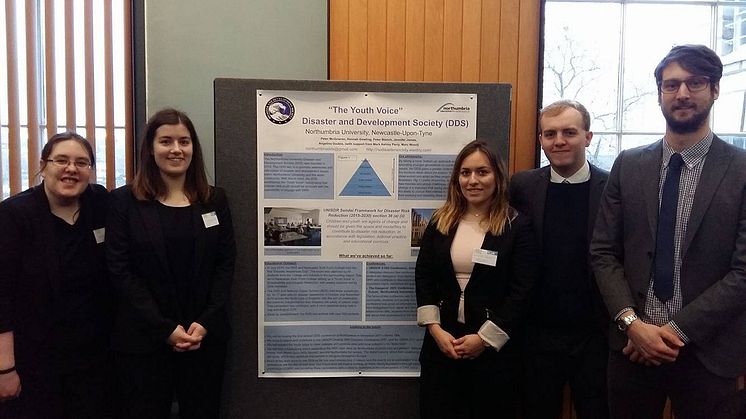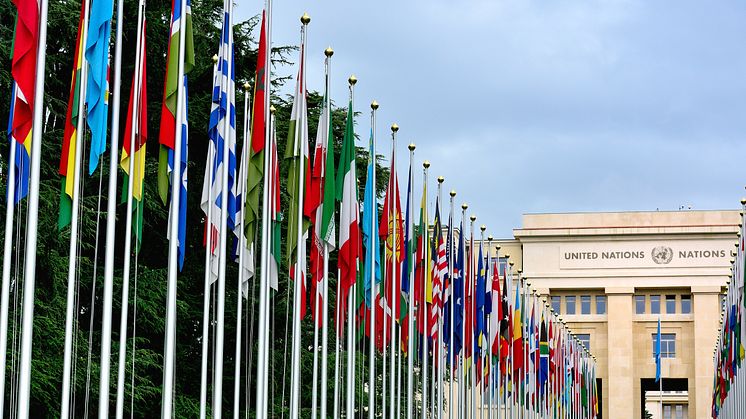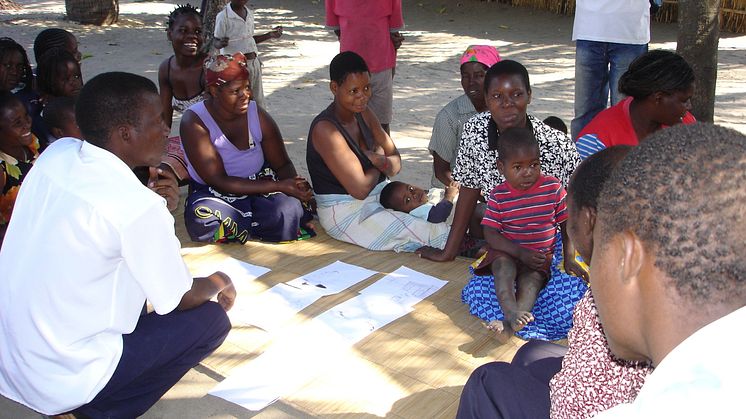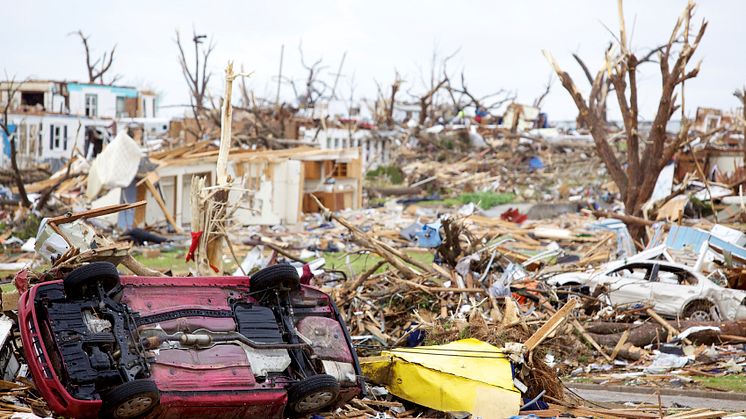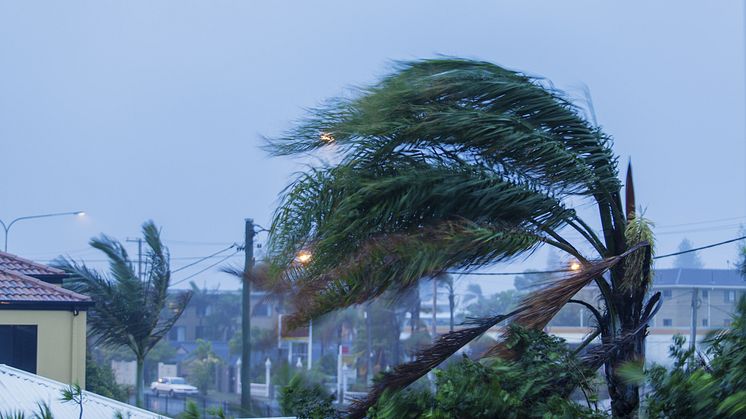
Press release -
Disaster risk experts join forces to make cities safer in future
Cities of the future could be better able to withstand multiple hazards such as floods, earthquakes or landslides, thanks to a £20 million initiative, of which Northumbria University is a key partner.
Research based in four cities around the world will aim to improve urban planning by integrating resilience against extreme events, including volcanic eruptions and cyclones.
Improved design for highly populated areas – with support from authorities, international agencies and other stakeholders – could break current cycles of risk and help billions of the world’s poor avoid threats to their lives and livelihoods.
The project, known as the UKRI GCRF Urban Disaster Risk Hub, has been selected as one of 12 to receive funding through UK Research and Innovation’s Global Challenge Research Fund.
Led by Edinburgh University, researchers from Northumbria’s Disaster and Development Network were invited to join the project thanks to their expertise in disaster reduction, sustainable development and resilience building.
Andrew Collins, Professor of Disaster and Development at Northumbria is leading the University’s involvement. He said: “We are very pleased to be a part of this UK Government investment into the integrated theme of disaster management and sustainability that we have championed from Northumbria for many years.
"In particular, this action orientated research will further strengthen the voice and capacity of urban poor to bring about the changes they wish to see. The Northumbria contribution will be focussing on action research for improved disaster risk reduction engagement, communication and impact.
"The new Hub is a theme through which we have already been active within the United Nations, Global and National Alliances and our Disaster and Development Network (DDN) on several fronts, including through Northumbria’s student lead Disaster and Development Society (DDS) and an alumni of over 300 former MSc and PhD students from the Department of Geography and Environmental Sciences in this area.
"Their work in making sure that, amongst others, the Youth Voice, has been prominent in global and national policy shifts is exemplary.
"The science and learning produced by this further research hub will contribute towards urban resilience and sustainability aspects of the United Nations Sendai Framework for Disaster Risk Reduction and the Sustainable Development Goals (2015-2030) for which we are an implementing partner.”
The project takes place at a time when cities, particularly in developing countries, are expanding rapidly, with developed urban space forecast to increase by 60 per cent by the end of the next decade.
More than two billion city dwellers in low-to-middle income countries face the threat of a range of human disasters, according to researchers. And this figure is expected to double by 2050 as cities grow and climate change increases the likelihood of extreme weather. However, the creative energy of urban space is also considered to harbour potential solutions to crises.
Incorporating disaster risk reduction measures into city planning, including better understanding and applications of societal resilience and approaches to well-being could help meet Strategic Development Goals set out by the United Nations.
Rapid urbanisation is an opportunity to plan against multi-hazard disaster threats, so that cities can move towards more sustainable and fairer futures. This is a chance to bring together the world’s best researchers with inspiring community and government leaders on an unprecedented scale, and could have a lasting legacy.
The five-year research project will focus on four major cities: Kathmandu, Istanbul, Nairobi and Quito, and will bring together UK and international scientists, civil society groups and a range of UN agencies to reduce disaster risk for some of the poorest citizens in tomorrow’s cities.
Topics
Categories
Northumbria is a research-rich, business-focused, professional university with a global reputation for academic excellence. To find out more about our courses go to www.northumbria.ac.uk
If you have a media enquiry please contact our Media and Communications team at media.communications@northumbria.ac.uk or call 0191 227 4604.







